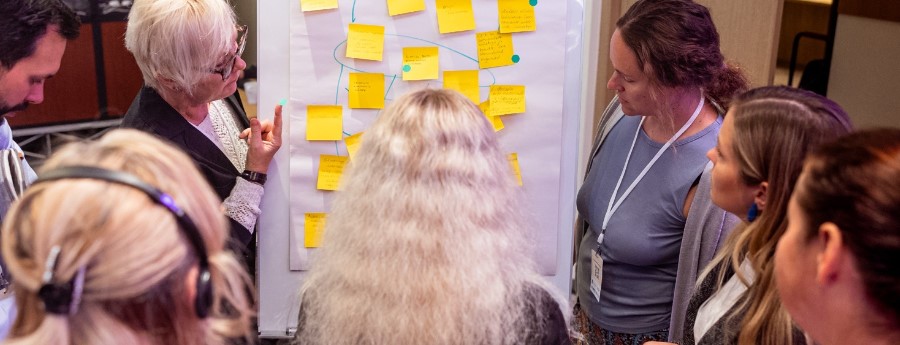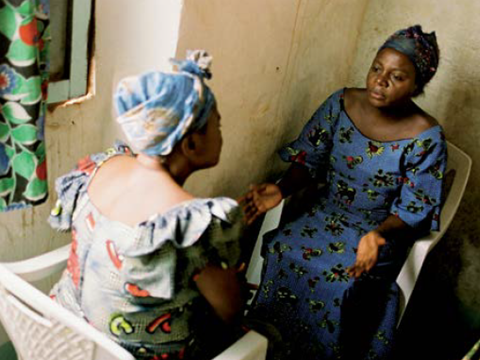Emergencies
Mental health and psychosocial support (MHPSS) in emergencies
Humanitarian emergencies such as armed conflict, natural disasters and infectious disease outbreaks exacerbate the risk of mental, neurological and substance use conditions. Nearly all people affected by emergencies will experience psychological distress, with one in five people affected by conflict likely to have a mental disorder such as depression, anxiety, post-traumatic stress disorder, bipolar disorder or schizophrenia. Stressful events such as violence and loss, as well as poverty, discrimination, overcrowding, and food and resource insecurity, are common in emergencies and can increase the risk of developing mental health conditions. People with severe mental disorders are particularly vulnerable.
Addressing mental health and psychosocial support (MHPSS) needs in emergencies is vital to reduce suffering and improve mental health. Doing so requires a multi-pronged approach to strengthen capacities for MHPSS preparedness, response and recovery, including through advocacy, engagement and leadership in humanitarian forums, policy and operational tool development, and country support missions.
WHO has been at the forefront of MHPSS for more than 20 years, working in partnership to integrate MHPSS in emergency settings, from conflicts to natural disaster to disease outbreaks, including COVID-19, Ebola and mpox, as well as chemical, biological, nuclear and radiological emergencies.
Global recognition and commitment to MHPSS is growing. In 2024, at the 77th World Health Assembly, countries adopted their first resolution specifically on MHPSS, recommitting to putting into action the WHO Comprehensive Mental Health Action Plan 2013–2030, and agreeing to include it as an integral component of preparedness, response and recovery activities in all emergencies and sectors.
News
Our work
OpenWHO course








/act-small/novelcoronavirus-160pix.jpg?sfvrsn=3dd8fd8a_17)
